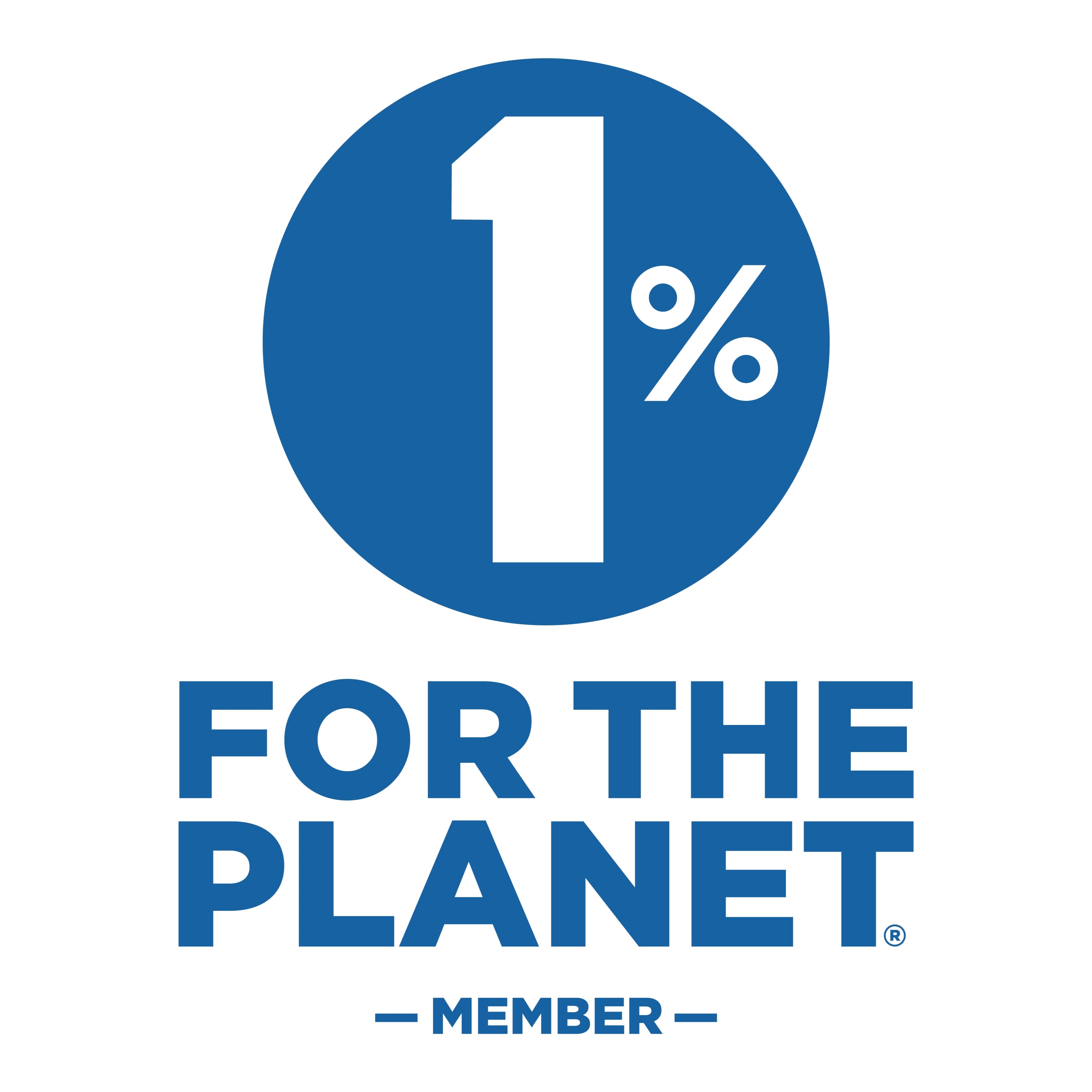Anatomically humans are omnivores – the biggest giveaway is our dental structure, made up of incisors, canines and molar teeth. So does that mean we should eat everything? Absolutely not. Aside from religious beliefs and physical intolerances there are many factors to consider when deciding what we should be eating now not just for our own dietary needs but for the planet too.
We now live in a world which is radically changed, where farming practices, urban dwelling, global economics, over-population and most seriously a climate emergency, impact what we should be eating.
We have a duty to try and eat what’s best for the planet whilst still obviously getting the right nutrients and being able to enjoy the food.
We must also consider not just the type of foods but where these foods have come from and at what cost to the environment. Are they flown around the world? Has rainforest been cleared to grow them? Is water being depleted to maintain them? What would happen to the workers, farmers and lands if they were abandoned? How will we feed a growing 8 billion plus world population on a planet that can only support 3 billion middle class.? The food trail is a complex one.
It can seem strange that we like to align ourselves with particular diets, but when you look deeper there are often significant reasons why people may avoid meat for example. If you have ever watched a Peta video covering the poor treatment of an animal for example, you’d have to be very heartless not to be moved and want to make a change. Which brings us nicely onto veganism.
Vegan Diet
The Vegan Society states” What all vegans have in common is a plant-based diet avoiding all animal foods such as meat (including fish, shellfish and insects), dairy, eggs and honey - as well as avoiding animal-derived materials, products tested on animals and places that use animals for entertainment.” I’m always impressed by Vegans who can maintain this lifestyle but often query the refusals to wear wool for example -mulesing, where the skin at the rear of merino sheep is removed to prevent fly infestation, is an issue but wool is naturally grown fibre? Should Vegans eat avocados and drink almond milk? Do Vegans need to take B vitamin supplements?
Vegetarian Diet
The Vegetarian Society says that vegetarians don’t eat “fish or seafood, meat or poultry, insects, gelatine or animal rennet; or stock or fat from animals. But they do eat vegetables and fruits, grains and pulsed, nuts and seed, eggs, dairy products and honey” It seems weird that vegetarians can’t eat chickens but can eat eggs for example?
Flexatarian Diet
The name is derived from Flexible and Vegetarian and basically means that you can eat small amounts of meat and dairy but the focus should be on replacing meats with vegetables and doing a couple of days a week without eating any meat or dairy at all. This is a good diet for those transitioning towards vegetarian or vegan or for those who want to make a change for the planet?
Mediterranean Diet
In towns near the Mediterranean Sea like Molochio in Italy, research was finding a disproportionate number of centenarians in the population. Molochio has 5 x 100+ year olds out of a population of only 2,000 residents for example. This pattern is repeated in other countries like Greece. Part of the explanation is fasting and food deprivation when they were younger but it’s also their diet which is high in vegetables, fruits, legumes, nuts, beans, cereals, grains, fish and unsaturated fats such as olive oil. They also have a low intake of meat and dairy foods. The sunny mild weather also helps and there are less incidences or heart disease perhaps also due to less stress?
Pescatarian Diet
A pescatarian diet is basically a vegetarian diet which incorporates fish and seafood. It’s worth mentioning as farmed fish is so contentious both in terms of the food the fish are given and the damage the fish farms can do to the environment (wasted food, fish excrement and disease can radically damage the sea-bed or lake-bed which is why they are frequently moved from one area to another. Wild, sustainably caught fish are much more expensive and getting rarer as stocks are depleted. Distribution of fish and seafood to land-locked areas is often highly polluting and co2 emitting – have you ever wondered how fish and seafood is delivered in places like Vegas (USA-desert) and Courchevel (France- mountains)? Apart from that oily fish such as mackerel is good for you!
Paleo Diet
A paleo diet is based on foods humans might have eaten during the Paleolithic era which dates from around 2.5 million to 10,000 years ago. A modern paleo diet includes fruits, vegetables, lean meats, fish, eggs, nuts and seeds. These are the foods that in the Paleolithic era people could get by hunting and gathering. It doesn't include foods that became more common when small-scale farming began about 10,000 years ago. These foods include grains, legumes and dairy products. The idea behind the diet is that our genes haven’t developed enough to deal with modern diets based on modern farming and that illnesses such as obesity diabetes and heart disease are caused as a result. In a way this is just a ‘healthy’ diet and little research has been conducted?
Keto Diet
The standard Ketogenic Diet is a very low carb, moderate protein and high fat diet. It typically contains 70% fat, 20% protein, and only 10% carbohydrates.
It shares many similarities with the Atkins and other low carb diets and involves drastically reducing carbohydrate intake and replacing it with fat. This reduction in carbs puts your body into a metabolic state called ketosis. When this happens, your body becomes incredibly efficient at burning fat for energy. The typical keto diet would contain meat, fatty fish like salmon, trout, tuna, and mackerel eggs, butter and cream, cheese, seeds and nuts, healthy oils like extra virgin olive oil or avocado oil, avocados and low carb veggies. You’d avoid sugary food, grains or starches, fruits, beans or legumes, root vegetables, low fat, diet, sugar-free products, alcohol, processed fats and condiments. Research has shown that a ketogenic diet is and good way to lose weight and in some cases it can lower risk of getting diseases like type 2 diabetes (due to weight loss) heart disease (diet has high HDL cholesterol levels and may alleviate symptoms of some brain diseases like epilepsy and Alzheimers.
Intermittent Fasting
We’ve got to mention Intermittent Fasting too. The are several studies which show that by intermittent fasting diets like 16:8 (16 hours of no food and 8 hours when you can eat) improve blood pressure and resting heart rates as well as other heart-related measurements and physical performance. Young men who fasted for 16 hours showed fat loss while maintaining muscle mass. Again it goes back to the Paleo era when humans would have long periods of time without food as they searched for their next meal. It’s less about what you eat and rather more about when you eat.
So ideally we would all have a diet which covers all the necessary food groups. It would be sourced from a wide variety of food groups located in the immediate environment to minimise transportation emissions and environmental destruction. The diets would be combined with a stress-free lifestyle, based on a clean organic environment in respect of the land, water and air, accompanied with plenty of exercise and mental stimulation in a mild weather environment.
Everything in moderation!
Before starting any diet, you should speak to your doctor. You must not rely on the information on this website as an alternative to medical advice from your doctor or other professional healthcare provider. If you have any specific questions about any medical matter, you should consult your doctor or other professional healthcare provider.
#MinimiseOurHumanFootprint
©Ateliers Verts Ltd. 2022
Back to: Ateliers Verts® The Magazine





